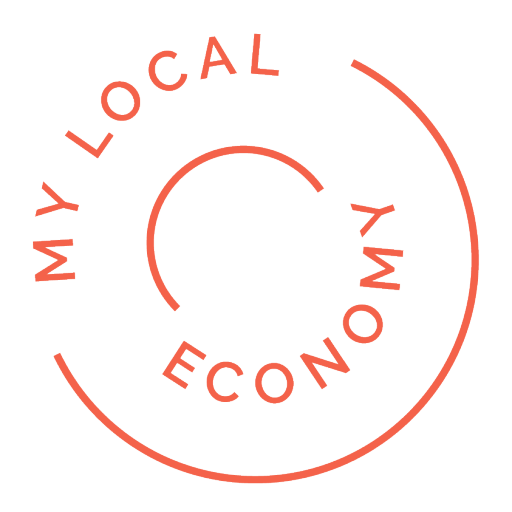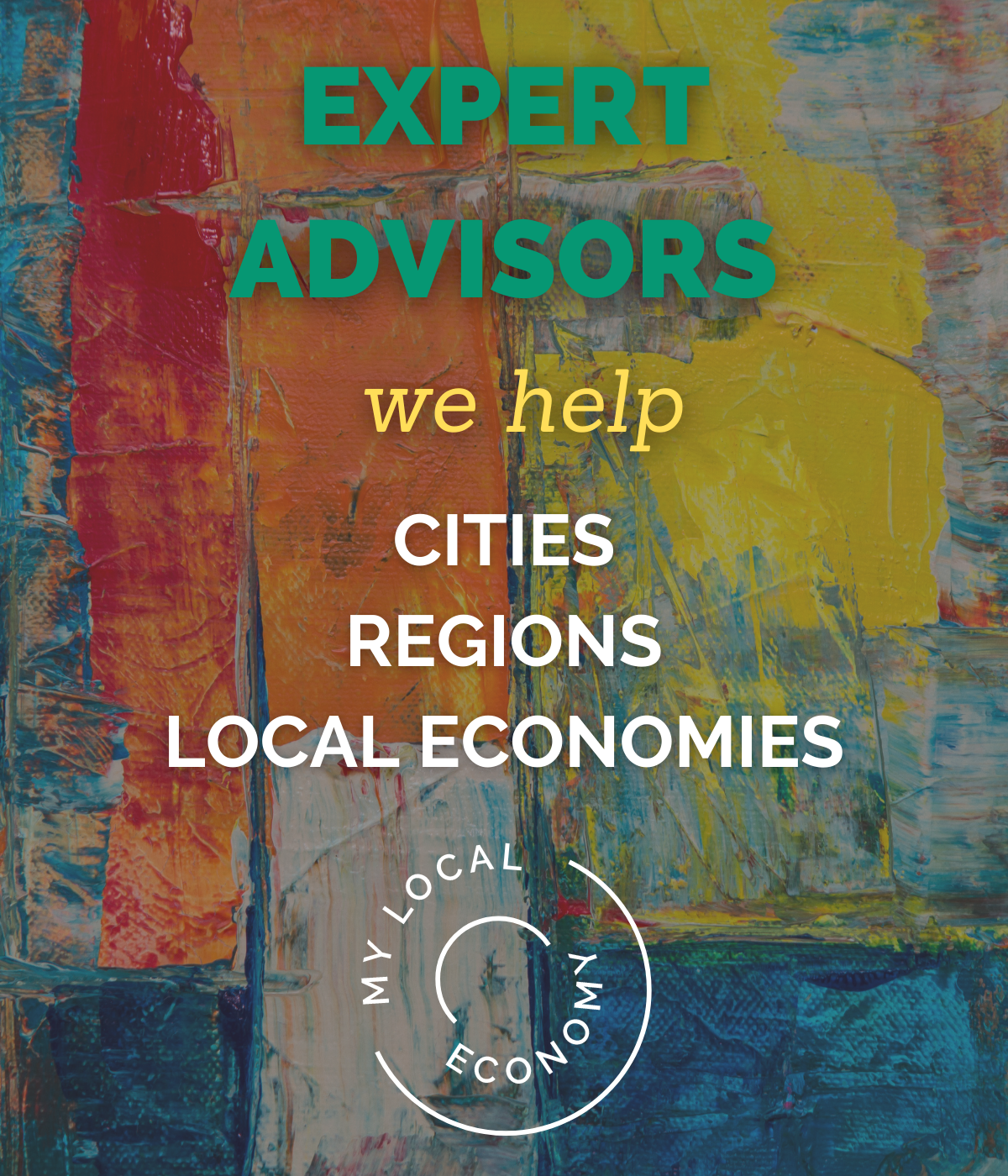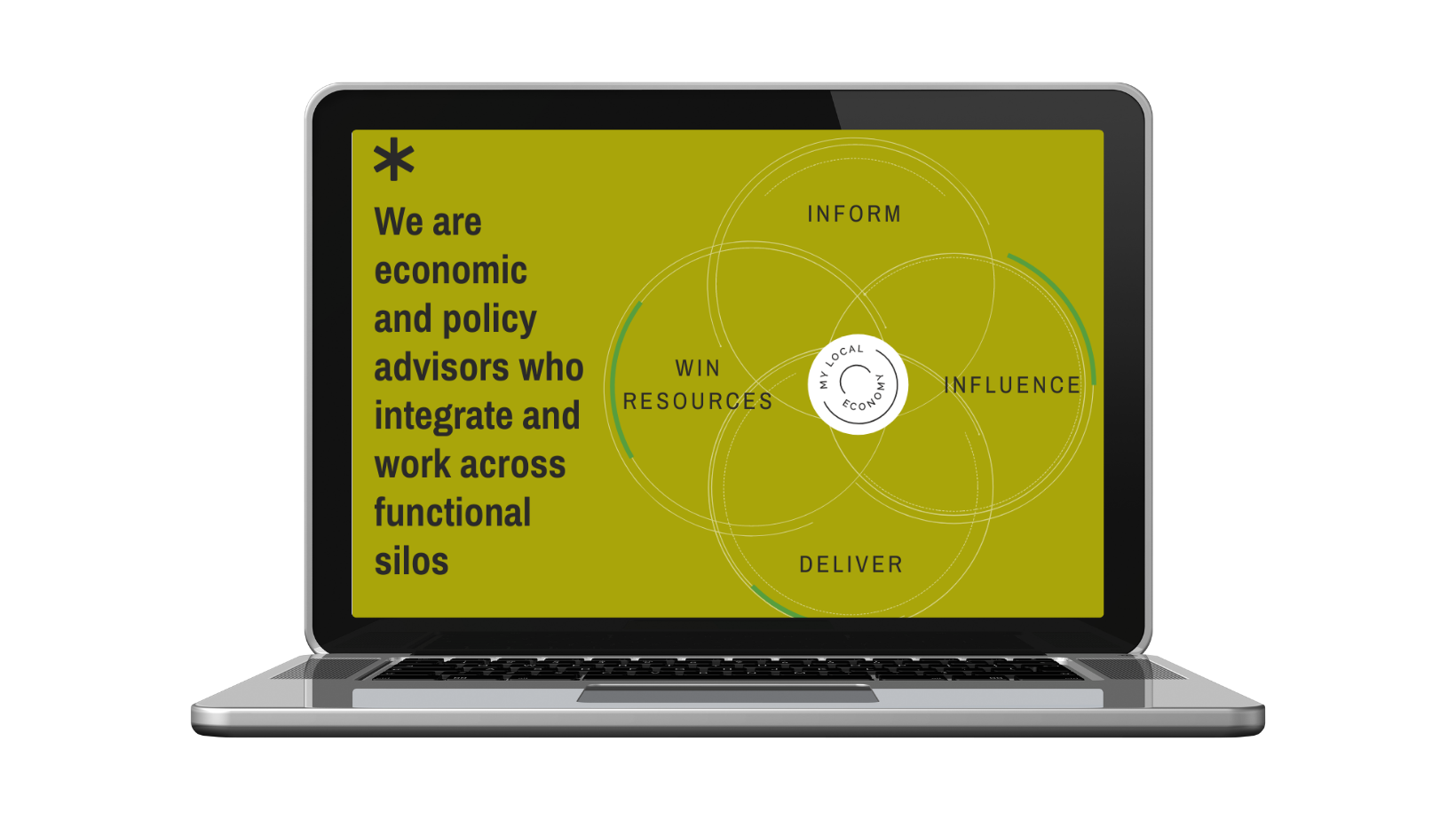
Its been four years since I founded Athey Consulting Limited. I’ve been surprised by the many congratulations I have received for my work anniversary on linkedin! So I feel compelled (largely by guilt) to provide a brief look back over the years…
And this is how I got here…
A potted history – I completed a Ph.D. in urban and regional economic development at the University of Glasgow in 1998, spent 3 years as a consultant until 2001 , then worked at Scottish Enterprise for 3 years as their senior labour market economist at Futureskills Scotland, then onto London Development Agency, then as Head of Research to help shape the destiny of the UK think tank, the Centre for Cities.
Then in 2007, a momentous event – Kids! like many new parents, this pretty much threw a wrench in any preconceived ideas I had about my own personal destiny…. and like many, I made a mad dash away from London to live in the suburbs (or provinces as I once heard a Whitehall civil servant describe the areas outside of the M25…!) to… Cambridge, and work as the Director of Research and Intelligence at the East of England Development Agency.
Were Regional Development Agencies (RDAs) evil? if so I worked for a small but powerful demon…
Well it was possibly the best run organisation I worked for so far in my career at that time. OK, we know all the faults of RDAs (yes they were evil, but a necessary evil?!) – but there were some very able people there, as an organisation it ran smoothly and I ran a great team of researchers and analysts, working within a fantastic wider Directorate for Strategy and Research. I’m proud of the work I did there, helped ably by my team.
As we know, the government closed down RDAs, I was made redundant, and faced with a few fundamental choices.
The benefits of following an obscure niche career…
These were hardly apparent to me in 2010 when the local and regional economic development industry seemed to be in meltdown – funding slashed, jobs gone, institutions destroyed. I was left thinking – is there a future for this industry or activity? I’d spent 20 years building up my experience and knowledge, reaching Director-level and managing budgets of up to £1 million. And it seemed like this was now worthless. I was made redundant in 2011.
But I stuck with local economic development. And its continued to be challenging, fun and exciting
But here’s a big lesson – the institutions, policies, and jargon might change, but the challenges facing local economies didn’t change at all. We’re still stuck with them, and there are new challenges emerging all the time.
I delivered a major consultancy project for the British Chambers of Commerce in October-December 2011, then in January 2012 I ended up as an advisory then (in May 2012) in charge of a newly formed Local Enterprise Partnership on an interim basis for 20 months. It was very challenging – an organisation that existed on paper, but had no formal legal basis, no business plan, no budget, no planning, no staff, had won no grants or revenues beyond its government allocations. I changed much of that for the better I feel. I’ll be honest – it was challenging, there were some difficult conversations, but I came out of it all with great experience. I ended up managing a budget portfolio of £17 million, and also won a government grant award of £3.2 million for an agritech programme.
With this interim Managing Director role ending in August 2012 I decided to do full-time consultancy
Maybe I’d done enough 6-hour board meetings! but I was definitely ready to do something different. It worked out well. I’ve had a diversity of clients around the UK – whether nearby in Cambridgeshire, Hertfordshire, Stansted Airport, Norfolk, Suffolk, Luton, or the London-Stansted-Cambridge Consortium; or further afield in Stockton-on-Tees, Lincolnshire, Bristol, the West of England and Cheltenham. I’ve done many different projects – from board facilitation and the development of strategies and delivery plans, to economic studies, project development and funding plans. I’ve produced reports on specific local issues and places; and high-profile national reports.
Here’s what I’ve learnt over the past four years
- The local economic challenges remain and need to be dealt with. This is one of the first things I saw as I was facing redundancy in 2010/11 – I could see that ok, this changes the players, but there’s still a lot of work to do.
- People want solutions. Whether clients, local businesses, or local communities – they want solutions. They want people like me to help them develop well informed, relevant and effective solutions to their challenges and opportunities.
- Listening is important. I always take time to find out what potential and existing clients want, and how they are going to use the work and outputs that I will produce for them.
- The economic development professional and the skillsets therein continue to be significantly needed. The ‘economic developer’ skills of understanding the public and private sector, developing and delivering strategies and projects; technical skills such as business development, property development, innovation, financial management, handling PR and the media – are all vitally needed by our local economies and cities. Who will put together compelling propositions, agreed in partnership, that are market tested and will deliver change? An economic development professional of course. Many local areas who don’t already know this are finding out. A few LEPs have tried to appoint CEOs with solely business experience – by and large, this hasn’t worked.
- It is still interesting! This career, the subject of local, regional and city economies – its remains vast, the policy tools are changing at a rapid rate (due to the devolution debate). And there’s a lot more international activity on local and regional economic development. I’ve never understood economic development professionals who don’t read about other places, or want to expand or improve their knowledge of challenges and practice in other places. Get reading!
- Being a small business – not without its flexibilities (compared to large public sector bureaucracies) I buy my own IT, to suit my own needs; I go to the conferences and meetings I want to and think necessary (without going for permissions). Low productivity days hit me hard in terms of personal earnings. Running a business has been good. In a few years, I might have a few employees.
- You can be a leader in whatever you do. I no longer manage teams of staff or multi-million budgets, but I feel I ought to offer some thought leadership in the field of local and regional economic development. I want to improve my knowledge, and I am always learning – and I’ve decided – so should you!
- Finally – people need to know what you are good at, and social media is a brilliant way to tell people. They will hire you as a consultant if they understand the value you will bring. Social media is a fantastic tool for a niche business such as mine to help reach potential clients and people looking for solutions that I can offer. If you’ve read this, you’ve just participated in such an exchange. Thank you!



